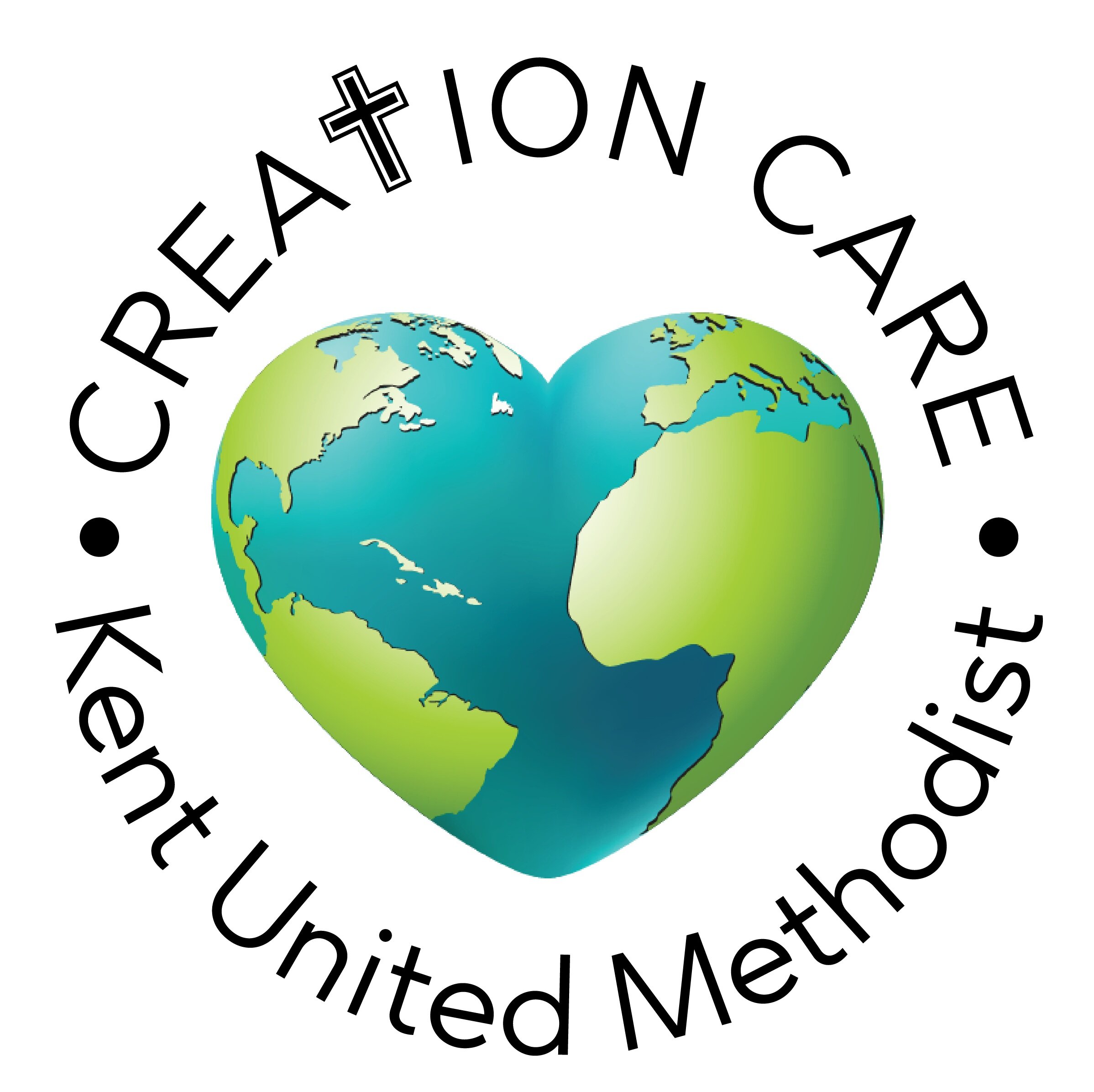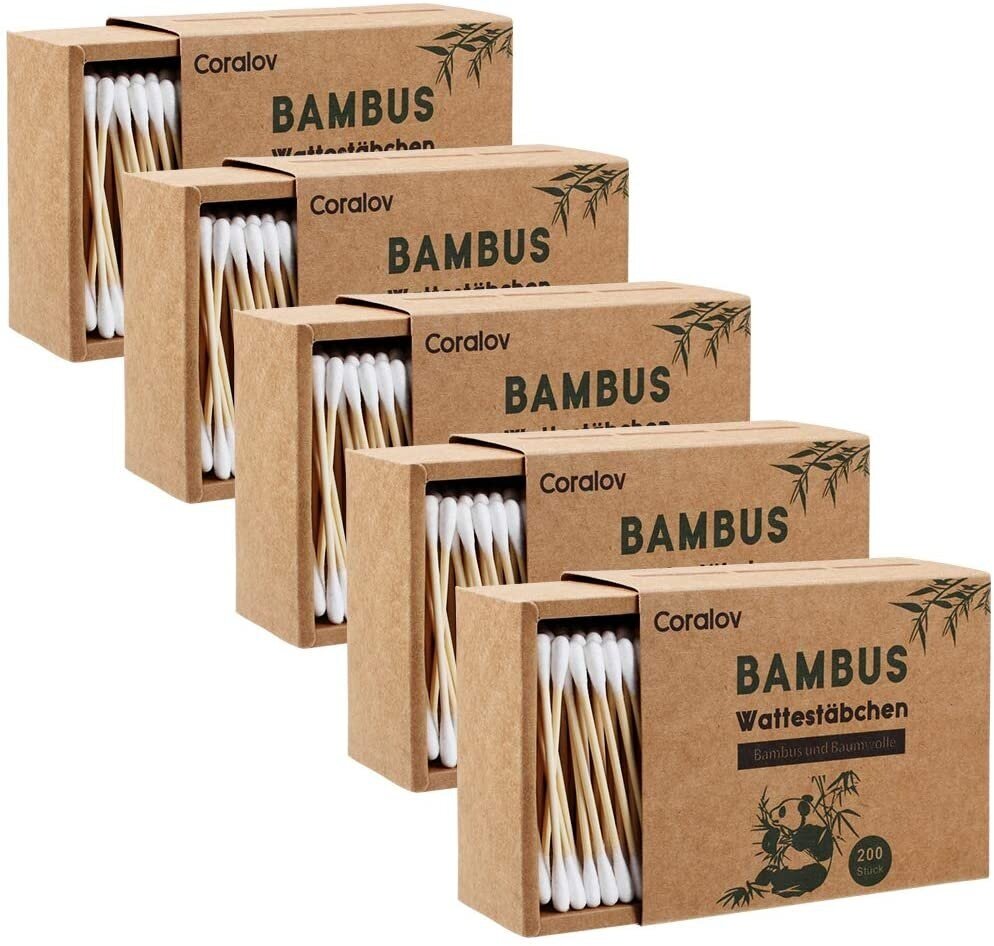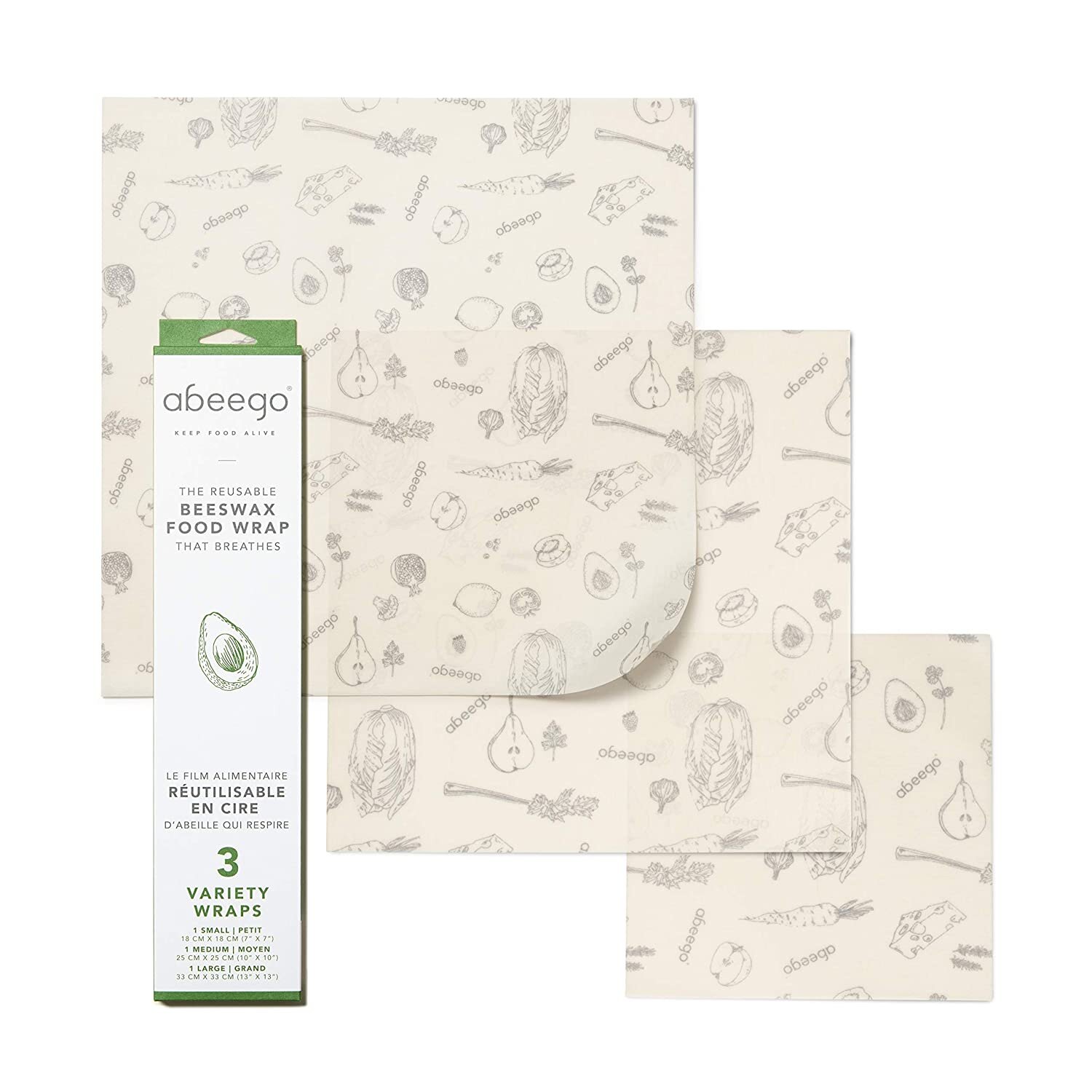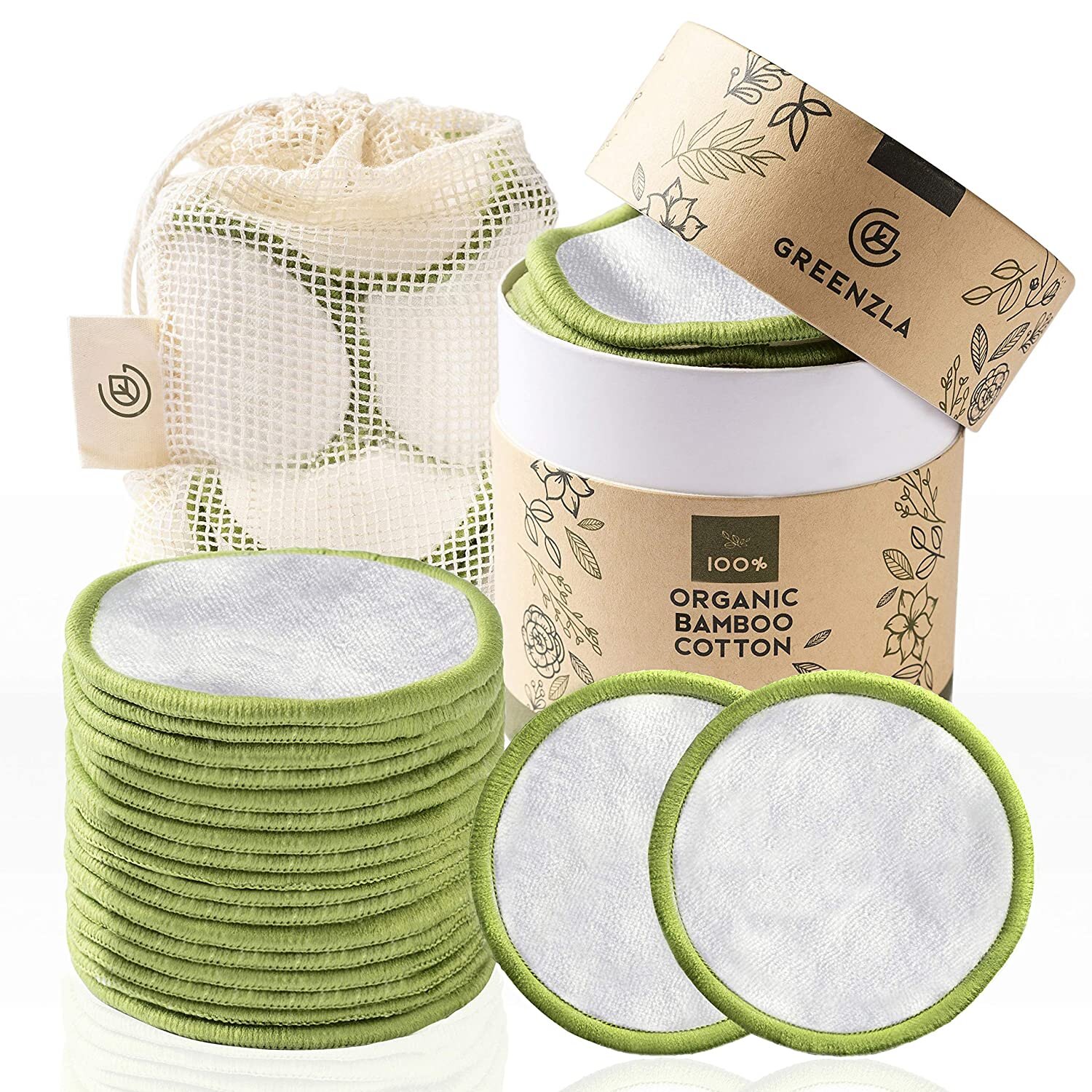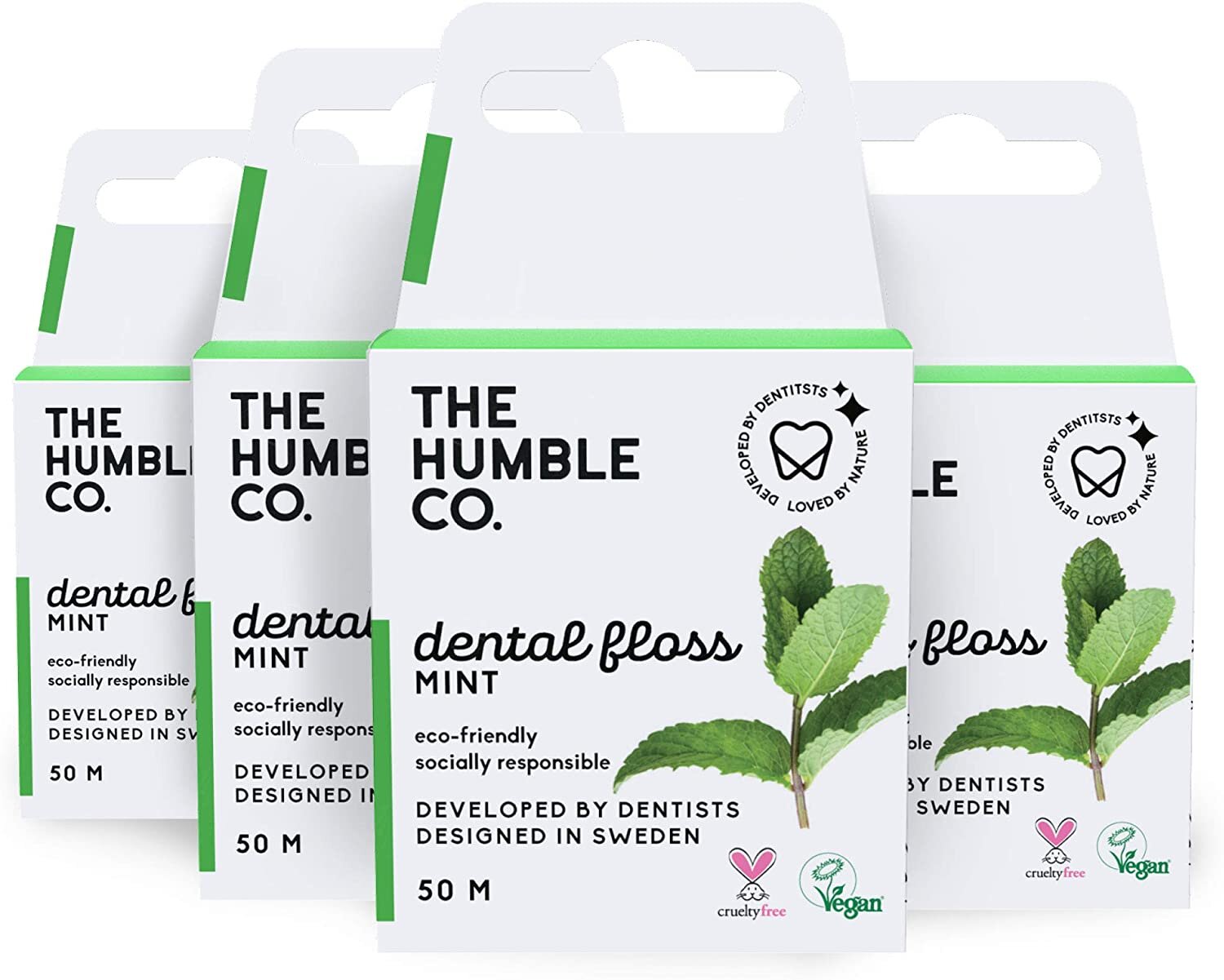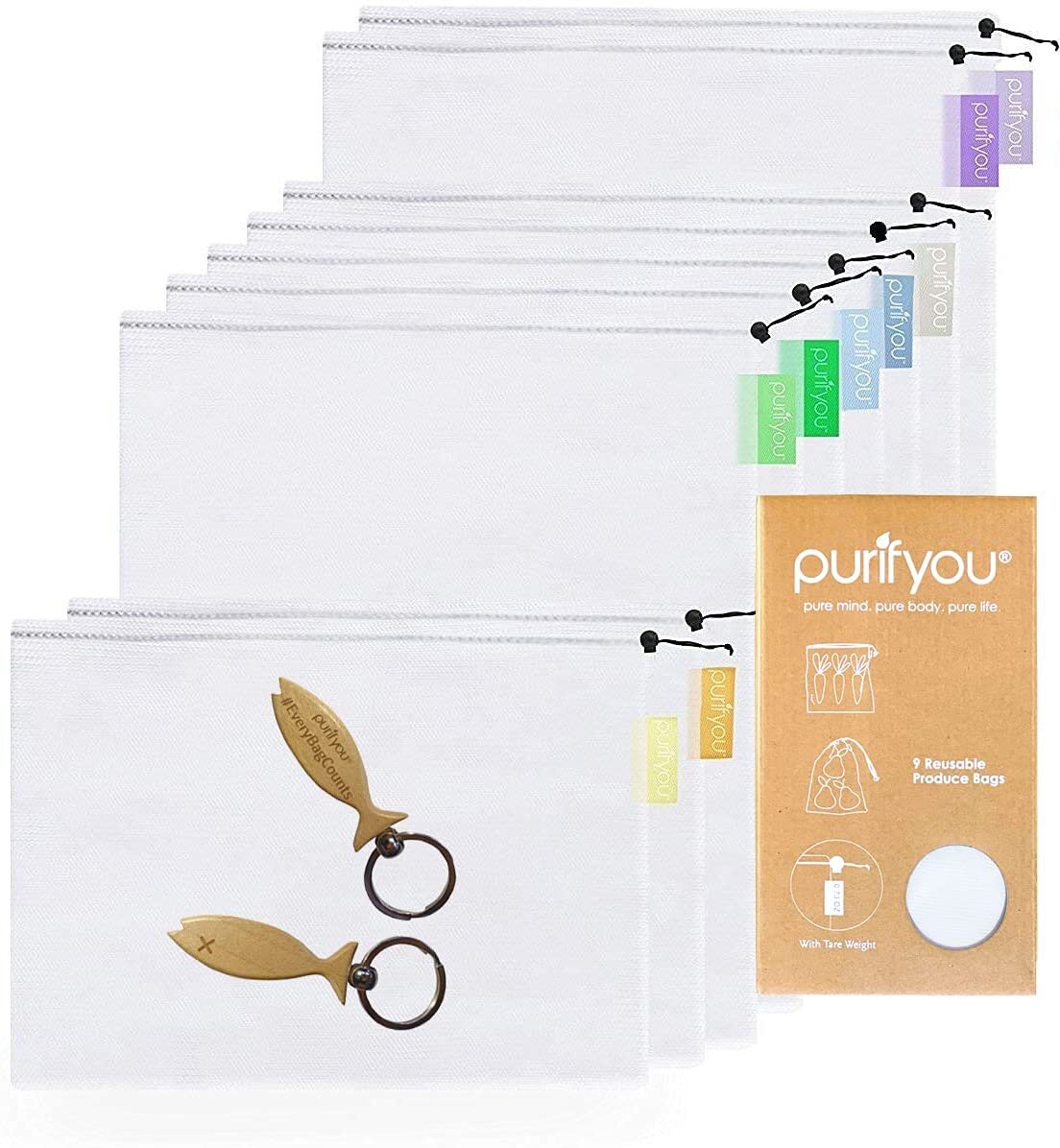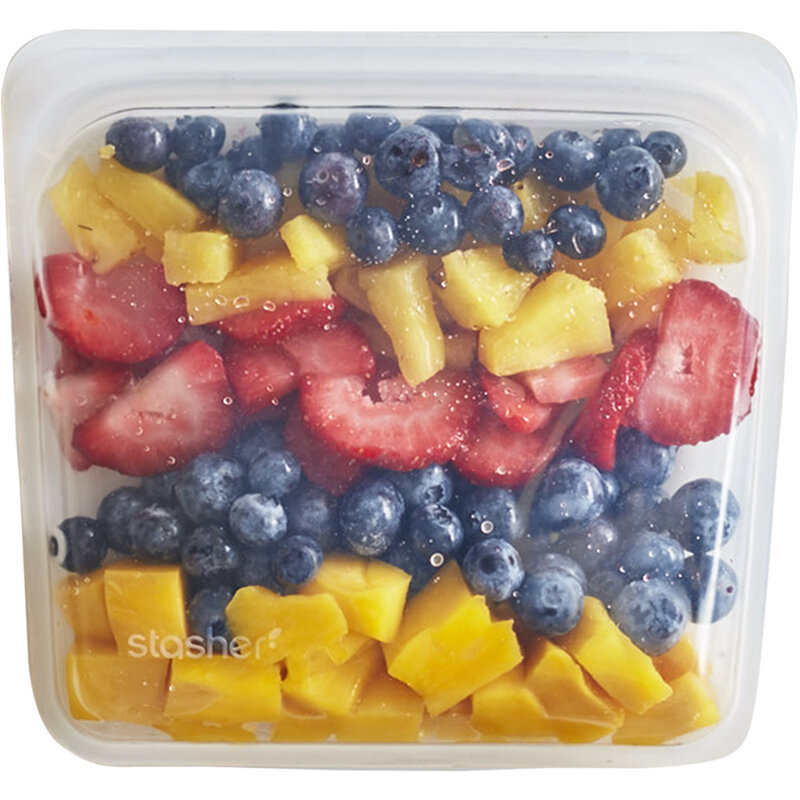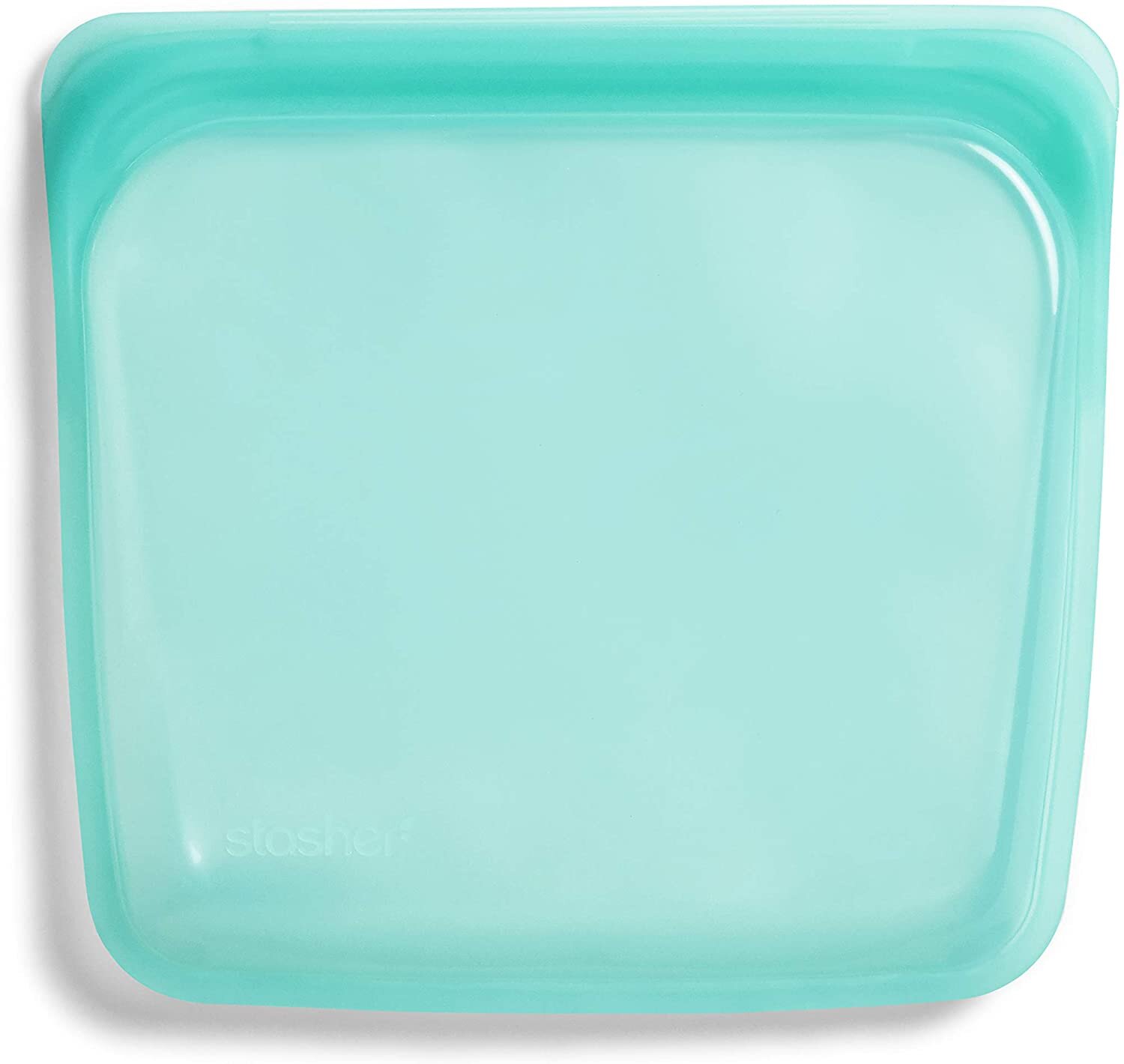Find Out How You Can Help Care for God’s Creation
The Creation Care Team was formed to discuss strategies on how we can respond individually and as a church to care for God’s creation and help our environment. If you are interested in joining them, please send a message to Pat Gray at general@kentmethodist.com
OUR MISSION: United Methodist Christians are partners with God in protecting and restoring our environment. Creation Care Team will engage the congregation to transform the way we live in God’s creation by helping to bring change through education and advocacy in individual lives, local and global communities to be better stewards of the earth.
TeamUp2CleanUp!
Saturday, May 4, 9 a.m. to Noon
Please join the City of Kent for our annual community-wide litter cleanup & graffiti removal event, TeamUp2CleanUp!
Perfect opportunity to earn school-required community service hours.
For more information and to register, please visit www.KentWA.gov/TalkingTrash.
City of Kent Mini Recycling Event at KUMC
Friday, May 10, 9 a.m. to Noon
The City of Kent will host a mini recycling event at KUMC, where you can recycle electronics, TVs, and computer monitors, paint, and shred documents.
Please visit www.KentWA.gov/TalkingTrash for additional information.
The Saar Historic Pioneer Cemetery Needs Our Care
Does Kent United Methodist own a cemetery?? YES, we do! It is right next to WinCo Foods on 212th.
Helping hands are always needed; think “pull weeds.” Please contact the church office if you can help pull weeds, enjoy time with others while working, and learn a bit of Kent Valley history. The usual work days are Friday and Saturday, as needed.
The Other R’s Before Recycle
After decades of promotion, “recycling” has entered the everyday language of most people.
In many urban settings, curbside pick-up is standard. Yet, recycling rates remain low, and landfills grow, degrading land and water, as well as the quality of life and property values of people without political power who live nearby—not by choice.
Before we default to Recycle, let us employ the other R’s, for God’s sake.
Reuse! Take your reusable bags to the grocery store, purchase a reusable water bottle, print double-sided, turn the backs of printed paper into scrap paper for notes, and switch from plastic cups to reusable mugs. Before you trash anything, ask yourself if it can be reused as is or repurposed for a new use.
Reduce! Buy in bulk to reduce packaging and emissions from shipping, whether to you directly or to the store. Choose “paperless” for bills and newspapers and reduce the trees cut down. Donate purchases that don’t fit instead of returning them because companies often send “returns” to landfills instead of restocking.
Refuse! Resist the constant pounding of advertising that says buy more and more. Say no to a plastic straw when out to eat and no to a bag for a few items you can carry easily. Reject products that include pesticides or are wrapped in plastic packaging.
Repair! Learn and use the simple skill of mending. Consult YouTube or a local hardware store for fixes for non-working appliances or gadgets. Refinish or touch up wooden furniture; recover chair seats with new fabric; fight for “Right to Repair” laws for your state.
Restore! Look for damage—a stream filled with litter, a beach area polluted with plastic, or a loss of trees from a tornado or fire. Reforestation accelerates recovery from a climate disaster. Organize for clean-up locally or contribute funds to reforestation efforts across the world.
Regenerate! On a personal level, compost your food and lawn scraps; participate in No Mow May, which helps bees and other pollinators; consider turning growth back to nature by rewilding at least a portion of your property. On a larger scale, examine your agricultural practices for changes that will regenerate soil fertility.
Rethink! We used to think of the earth’s benefits as endless. Earth is telling us we need to think again. If we want our children and grandchildren to live well, we need to support a more sustainable way of being now. Explore thrift stores before catalogs; purchase from environmentally conscious companies; buy from local farmers and merchants.
Review! Step back and look critically at your “stuff” regularly or at least annually. Are you a victim of “creep”? Have “wants” taken a higher priority than “needs”? Continue asking what else you might do to contribute to Earth’s health and give everyone a better future. Talk with family and friends about your insights.
Recommit! Keep learning, taking more steps, and talking to others about your actions on behalf of creation justice. The comprehensive and complex impacts of environmental issues can lead to anxiety and despair. Our children need to know we are doing something. Join organizations that are working for legislation and other changes. Watch for and celebrate good news. Persist.
Remember! Remember who you are and Whose you are: You are a beloved child of God. The very first commandment God gave humanity was to care for creation (Genesis 1–2). Remember that you are a caretaker in your approach to all things created by God and humans. Let that sacred charge be your guide.
Creation Care Commitment
We, the Kent United Methodist Church, commit to continuing to decrease our carbon footprint as measured by the EPA Portfolio Manager metrics to attain the goal of becoming an Energy Star Building by the year 2030. The measurements include our use of electricity, gas, water, and disposal of garbage, recycling, and compost.
Energy Star Score for 2019—30 for 2022—43 for 2023— 59
Energy Star Target Goal: 75 by the year 2030
Taking Steps at Kent UMC to Care for God’s Creation
Caring for God’s creation and being good stewards of our environment is an important value we share as United Methodist Christians. Following the leadership and encouragement of our Creation Care Team, the Administrative Council adopted the following motion at the January 11 meeting:
We, the Kent United Methodist Church, commit to continue to decrease our *carbon footprint” as measured by the EPA Portfolio Manager metrics, to attain the goal of becoming an Energy Star Building by the year 2030. The measurements include our use of electricity, gas, water, and disposal of garbage, recycling, and compost.
A carbon footprint is the total amount of greenhouse gases (including carbon dioxide, nitrous oxide, and methane) generated by our actions.
This public commitment demonstrates our care and concern for what is happening to God’s creation. We show environmental leadership in our Kent community and the United Methodist Church.
The United States Environmental Protection Agency (EPA) established the EPA Portfolio Manager for businesses, commercial buildings, and, yes, worship facilities to measure the use of electricity, gas, water, and the disposal amounts of garbage, recycling, and compost. After plugging in the numbers, each organization is given a score, the goal being a score of 75 to become an Energy Star building.
Our metrics began in 2019 with a score of 30 and increased in 2022 to a score of 43. We anticipate another increase in 2023 due to our first full year of solar power. Our goal in 2030 is to attain a score of 75 to receive the Energy Star building award. Utilizing these EPA metrics helps us visualize where we need to make changes and hold ourselves accountable for the changes necessary to decrease our carbon footprint.
An Energy Star poster on the wall by the Youth Room in the Fellowship Hall shows our progress and some ideas to help us reach our goal.
Our decision to replace the old heater for the narthex and sanctuary will make a big impact, not only on our energy score but also on the amount of our PSE bill. Also, the United Methodist Men just finished vacuuming the registers in the narthex and sanctuary, and the Trustees plan to finish replacing all lights with LED lights by the end of 2024. We challenge each committee and group at KUMC to consider actions you can take to help us meet this goal.
But what can we as individuals do?
Turn off lights when you leave a room.
Use both sides of the paper.
Do not make unnecessary copies.
Unplug all appliances when not in use. They continue to draw power even if turned off.
Make sure you put used paper towels in the green compost bins in the restrooms.
Dispose of your paper plates, cups, and silverware in the properly labeled bins in the Fellowship Hall. Check the pictures above the bins if you’re not sure.
Check out this Creation Care page on our website for tips to help you make your impact, whether at church, work, or home.
Advocate for change for environmental stewardship with your vote and with your interactions at work or other groups.
All of us at Kent UMC need to keep this important commitment in mind to make the necessary changes for all creation: Earth, flora, fauna, and humans. From Genesis on, God calls us to care for and love creation. Martin Luther King Jr said, “The time is always right to do what is right.” That time is now.
New Creation Care Books In Our Library
To celebrate Earth Day 2024, Creation Care Team members have donated several new books to our church library, and they will be ready for you to check out soon:
Love in a Time of Climate Change, by Sharon Delgado. This book addresses the topic using the Wesley Quadrilateral and professes that love is the answer.
Saving Us–A Climate Scientist’s Case for Hope and Healing in a Divided World by Katherine Hayo, an evangelical climate scientist and the science head of the Nature Conservancy.
Church of the Wild: How Nature Invites Us Into the Sacred by Victoria Loorz
All We Can Save Truth, Courage, and Solutions for the Climate Crisis, edited by Ayana Elizabeth Johnson and Katharine K. Wilkinson. This is a positive take on a new paradigm.
Inconspicuous Consumption–things we can do by changing our buying
Braiding Sweetgrass, Indigenous Wisdom, Scientific Knowledge, and the Teachings of Plant, by Robin Wall Kimmerer, a young adult book
Nature's Best Hope: How You Can Save the World in Your Own Yard by Douglas W. Tallamy, for Young Adults and Adults.
What Can I Do? My Path from Climate Despair to Action by Jane Fonda
The Eden Reforestation Project
The Eden Reforestation Project plants many, many trees each month; this is tree planting on a large scale!
Not only does the project help the environment by planting large numbers of trees, and provides local communities with opportunities to become economically self-sufficient and earn fair wages. The project has planted 886,010 since September 2022.
Doing what we can to help our beautiful planet is very important to us, and so being able to fund the planting of trees is very exciting.
Find out more on the Eden Reforestation Project website.
Solar panel project
Kent UMC receives $102k Green Power Solar Grant from Puget Sound Energy
Our ribbon cutting was on Sunday, June 5, 2022. Read more about this project in these articles printed in the Kent Reporter and the Seattle Times.
Kent United Methodist Church is the recipient of a $102,000 competitive grant from Puget Sound Energy to fully fund the installation of a solar panel system. This project, spearheaded by the congregation’s Creation Care Team, is part of our overall emphasis on saving energy and reducing emissions from the church building. The team is leading the congregation in responding individually and as a church to care for God’s creation and help the environment.
In Partnership with
-
Len Whalen, with his extensive construction experience, has volunteered to be the lead liaison during the installation of this project. The design and installation will be completed by MAD Energy NW of Auburn, Washington, an organization that specializes in solar projects and certified Net Zero solar arrays. Kevin Charap, the project manager, has worked in clean energy since 2009. He has advised other grant recipients, including the Nisqually Indian Tribe. Kevin also happens to be a former member of Pastor Jim’s church in Wenatchee.
The project is expected to be completed in mid-spring. Kevin explained the solar panels will be placed on two areas: the southernmost slope of the roof (next to the playground), and on the “quad” roof (these areas have the best sun exposure). Solar panels are relatively reliable, requiring minimal maintenance (hosing them off and cleaning with a soft brush once a year). They come with a 30-year production warranty. Kevin noted that the frequent rain in the Pacific Northwest is a “self-cleaning benefit.” MAD Energy will provide training on cleaning and maintenance and will return after a year to inspect the system and make sure we are reaching our energy targets. As part of the grant application process, the roof’s life was assessed and it was determined that there is substantial life remaining.
Once installed, the system is expected to produce over 41,000 kilowatt hours per year, saving the church approximately $3,000 to $3,500 per year on PSE bills. The church will use all the solar energy it needs, and any extra power will go back to the utility grid, for our use on demand.
Puget Sound Energy is committed to supporting organizations that serve families and individuals in its communities. In this round the company, through its Green Power and Solar Choice programs, has awarded over $900,000 in total grant funding to local organizations in its electric service area to install new solar projects. The grant, funded by PSE’s Green Power and Solar Choice customers, brings local solar projects to PSE’s electric service area while providing support to grant recipients through lower utility bills for low-income or Black, Indigenous and People of Color (BIPOC) communities and the organizations that serve them.
Selection for this grant was based on providing vital support to those in need including low income or BIPOC communities and the organizations that serve them. KUMC’s commitment to outreach in the community, our diversity, and earlier efforts by the Creation Care Team were instrumental in being chosen for this grant. Our outreach efforts include support of our own Shared Bread program, Kent HOPE (emergency shelter for women and children), Catholic Community Services, NW Trinity Mobility Project, Kent-Meridian Hub, Atlantic Street Center, Church World Service Crop Walk, Kent Food Bank, Pediatric Interim Care Center, St. Stephen’s Housing Association (transitional housing), and our car camping program.
Earlier efforts to reduce our impact on the earth’s resources include a number of positive improvements, including double-paned windows, LED lights, heat pumps, WiFi thermostat for the sanctuary, timers on electric heaters, and recycling and composting programs. Additionally, the congregation hosts recycling events for the City of Kent in the church parking lot and has adopted their street for regular clean-up.
As a recipient of the grant, KUMC is aligned with PSE to solve several challenges at once: the installation of solar panels to support the expansion of cleaner energy and a healthier environment, lowering energy-related operating costs at the property and making the push to a more inclusive clean energy future. As part of our agreement with PSE, we will be sharing press releases and updates about the project, including a public “ribbon-cutting” ceremony when the project is complete.
The grant has also caused much excitement at the PNW Conference and Global Ministries of the national United Methodist Church. As you may remember, in April 2021, several agencies of the national United Methodist Church pledged to achieve net-zero greenhouse gas emissions across the organizations/ ministries, facilities, operations, and investments by 2050. They acknowledged that the UMC “has long affirmed our individual and collective responsibility to address the unfolding climate crisis.” In light of these values, the UMC said it was “called by our faith, informed by science, and led by our relationships with impacted communities” to respond urgently.
Special thanks are extended to all of those involved in this grant process, most especially Pat Gray, Kevin Charap, and Alex Woody who helped prepare the grant application.
Personal Steps to Protect God’s Creation
-
Find Out More Here on Grillo.com!
-
1. Create a "use-it-up" shelf in your fridge with all the foods close to expiration to reduce food waste.
2. Freeze fresh produce to ensure it doesn’t go bad before you can eat it.
3. Bring your reusable produce bags to the supermarket.
4. After you use your salad spinner, use the water in your garden or for your house plants rather than dumping it down the drain.
5. Wash and reuse your zipper-lock bags.
6. Prepare a menu for the week to avoid overbuying at the store.
7. Start composting—and you don’t need a big yard to do it.
8. Use a jar spatula to get every last bit of food out of containers and reduce waste.
9. Switch to a gentler multipurpose cleaning spray that is less harmful to you and the environment, or try an eco-friendly concentrate to reduce plastic.
10. Reuse parchment paper (up to 5 times!).
-
If we don’t recycle and compost correctly, they won’t take collect our cans; NO PLASTIC BAGS in either recycling or yard receptacles, but compostable bags are acceptable in yard waste.
Also, no “clamshell” plastics (see the images below), even if they say they are recyclable, and when in doubt, throw them out!
We may get charged extra if we don’t follow these rules.
-
If you have a vegetable garden or like to take advantage of abundant fresh produce in grocery stores and farmer's markets, you will find some simple storage suggestions below to help prevent food waste.
On the Counter
These items are very sensitive to chilling injury and are subject to dehydration, internal browning, and/or pitting if stored in the refrigerator: Eggplant, Tomatoes*, Apricots, Kiwis*, Mangos, Peaches. *Move to the fridge once they’ve reached peak ripeness.
In the Front of the Fridge
These items are sensitive to chilling injury and should be placed in the front of the fridge, where the temperatures tend to be higher:
Corn on the cob, Peas, Berries, Melons, and Oranges.
In the Crisper Drawer
These items do best in the humid environment of the crisper.
Artichokes, Chiles, Green Beans, Hearty and leafy greens, Leeks, Scallions, Summer squash,
Lemons and limes (They stay juicier kept in a sealed container.)
Sustainability Products—Limiting Single Use Plastics
The Impact of Climate Change on South King County
In the fall of 2020, some of our Creation Care members attended the City of Shoreline’s Climate Champions webinar series. All of this series was excellent. The session on Climate Equity Nexus though was particularly relevant to those of us who live in South King County. South King County is and will be disproportionately impacted by climate change as you will see in the presentation. In order to prepare for the future, we must be aware of the past and present dynamics that have brought us to this point in history. The webinar addresses this as well as the King County Strategic Action Plan on climate and what we as individuals can do. Though recycling and composting are part of the solution there is so much more needed.
Check out the webinar video on YouTube for more information.
Talking Trash with Tony Series
Watch our video series with Tony Donati, City of Kent Conservation Coordinator. tdonati@kentwa.gov
Tony Donati, City of Kent Conservation Coordinator, talks to us about how our church impacts the Kent Community.

